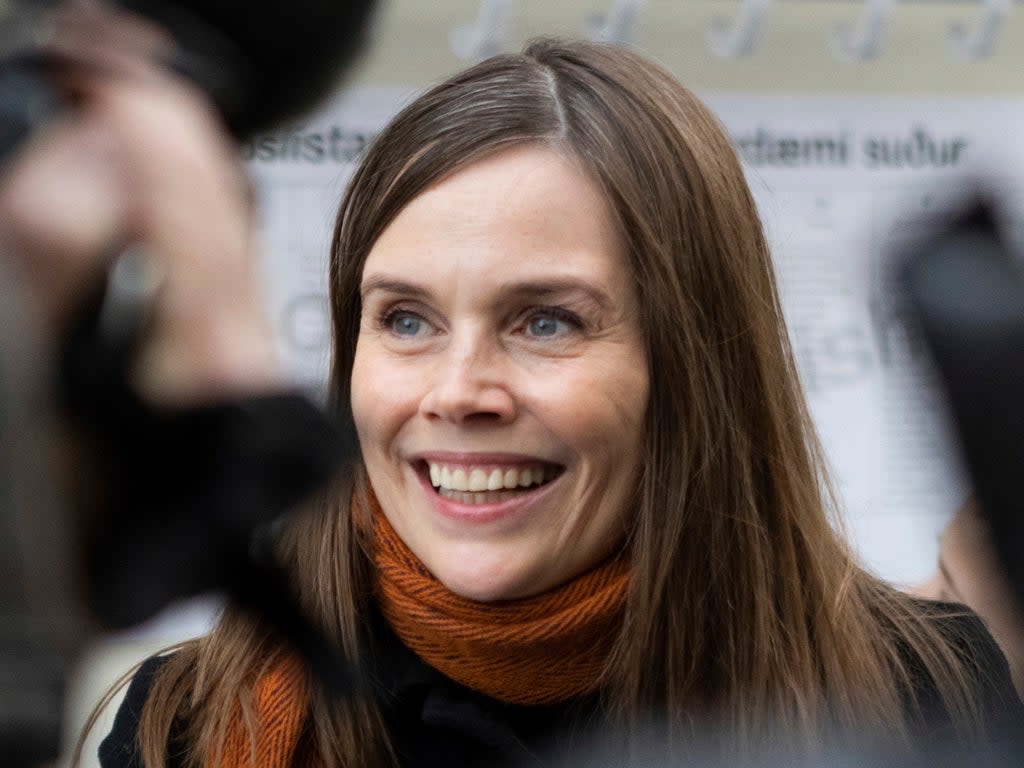Iceland becomes first country in Europe to elect female majority parliament

Iceland has become the first country in Europe to elect a female majority parliament in a watershed moment for gender equality on the island nation.
Voters elected 33 women to the country’s Althing parliament, up from 24 in the last election.
As of last year, just three other countries - Rwanda, Cuba and the United Arab Emirates - had more women than men in parliament, according to data compiled by the World Bank.
No other country in Europe had previously surpassed the threshold of 50 per cent. Sweden and Finland have 47 per cent and 46 per cent women in parliament, respectively.
Unlike some other countries, Iceland does not have legal quotas on female representation in parliament, though some parties do require a minimum number of candidates to be women.
Silja Bara Omarsdottir, a professor of politics at the University of Iceland, said that gender quotas implemented by left-leaning parties for the past decade had created a new norm across Iceland’s political spectrum.
“It is no longer acceptable to ignore gender equality when selecting candidates,” she told the Associated Press.
Iceland has long been considered a leader in gender equality. A World Economic Forum report released in March ranked Iceland as the most gender-equal nation in the world for the 12th year in a row.
The country offers the same parental leave to men and women, and was the first country to elect a female president in 1980.
“I am 85, I’ve waited all my life for women to be in a majority … I am really happy,” Erdna, a Reykjavik resident, told Agency France-Presse.
Meanwhile, Saturday’s general election saw the coalition government - led by prime minister Katrin Jakobsdottir - strengthen its majority though it remains unclear whether the three parties will continue to work together.
Ms Jakobsdottir’s party, the Left Green Movement, looks set to lose several seats despite her right-wing collation partners gaining five new MPs.
Opinion polls had forecast the coalition would fall short of a majority but a surge in support for the centre-right Progressive Party, which won five more seats than in 2017, pushed its total count to 37 seats in the Althingi, according to state broadcaster RUV.
The centre-right Independence Party took the largest share of votes, winning 16 seats, seven of them held by women.
But it was the centrist Progressive Party who celebrated the biggest gain, winning 13 seats - an increase of five on the last election.

